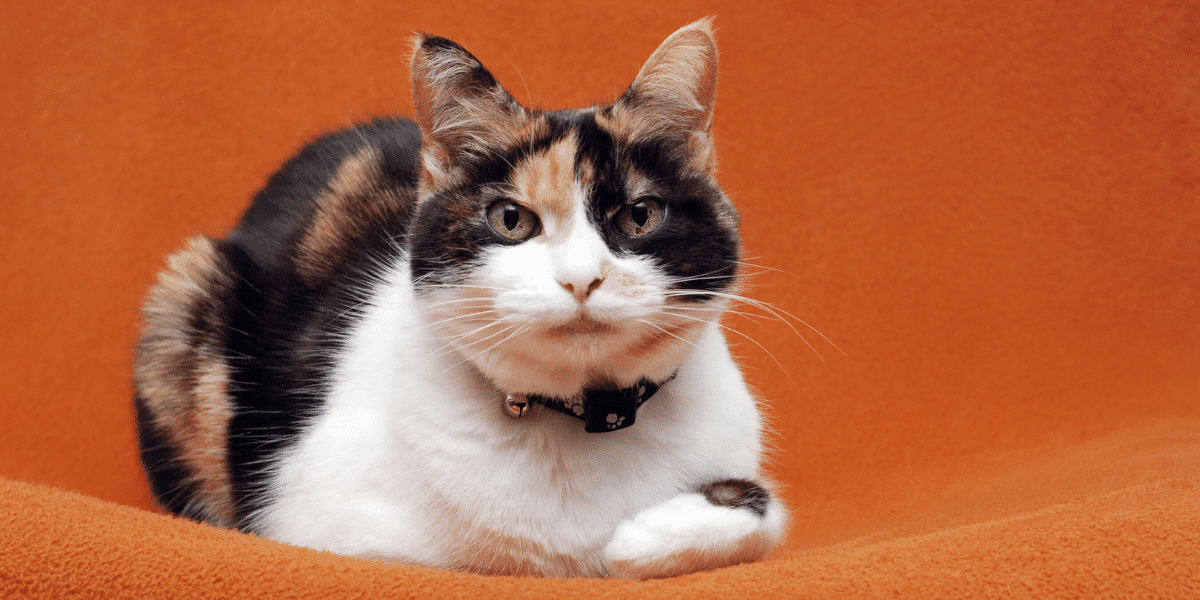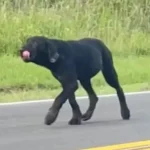Signs Your Senior Cat Needs Extra Care and Attention
As cats enter their senior years, they require more attention to ensure they remain healthy and comfortable. Age-related changes might not always be visible right away, so being observant and proactive can improve your feline companion’s quality of life. Understanding key signs that indicate when your senior cat needs extra care can help them live their golden years in peace and happiness.
Joint Pain and Mobility Issues
With age, a cat’s joints wear down, leading to arthritis and mobility issues. According to studies, many cats over the age of 12 show signs of joint degeneration, even if they don’t outwardly display discomfort.
Signs of joint pain:
If you suspect arthritis, consult your vet for possible treatments such as joint supplements, pain relievers, or adjusted living conditions. Providing a soft, accessible resting area will greatly help alleviate discomfort.
Weight Gain and Obesity
Senior cats tend to gain weight due to decreased activity and metabolic changes. Extra weight puts more pressure on aging joints and increases the risk of diabetes, liver disease, and heart problems.
To maintain a healthy weight:
Discuss dietary adjustments with your vet to maintain a proper balance of nutrients while avoiding excessive calorie intake.
Decreased Activity and Boredom
As cats age, they might sleep more, but that doesn’t mean they should be left unstimulated. A senior cat still needs mental and physical engagement.
Ways to keep your senior cat engaged:
If boredom continues, your cat may develop behavioral changes or depression. Keep them engaged to ensure their golden years are fulfilling.
Signs of Cognitive Decline
Some older cats develop cognitive dysfunction, similar to dementia in humans. When brain function deteriorates, they may exhibit changes in behavior, sometimes appearing lost or confused.
Symptoms of cognitive decline:
Engaging your senior cat in activities that challenge their brain, such as puzzle feeders and interactive games, may help slow the progression of mental decline.
Changes in Skin and Coat Health
A cat’s coat may become dull or thinner as they age. If you notice bald patches, excessive shedding, or flaky skin, it could indicate a need for dietary adjustments or a medical examination.
How to maintain coat health:
If your cat’s coat suddenly changes color or texture, consult your vet to rule out underlying health concerns.
Kidney Health Concerns
Chronic kidney disease is a common condition in senior cats, affecting nearly 30% of them. Early detection can significantly improve their comfort and longevity.
Symptoms of kidney issues:
Regular check-ups with your vet can help monitor kidney function and detect problems early on. Adequate water availability can also reduce strain on the kidneys, so always keep fresh water easily accessible.
Dental Disease and Oral Health
Dental issues such as gum disease and tooth decay are prevalent in older cats and can cause pain, infection, and loss of appetite.
Signs of dental disease:
Brushing your cat’s teeth regularly or using dental treats can help, but professional cleaning may be necessary for severe cases. Regular vet visits are important to prevent painful oral conditions.
Final Thoughts
Senior cats provide endless love and companionship, and they deserve special care to ensure they live the rest of their lives comfortably. By observing changes in their health and behavior, providing proper nutrition, and maintaining regular vet visits, you can ensure they receive the attention they need. Being proactive with their care will help them thrive in their later years.






Facebook Comments